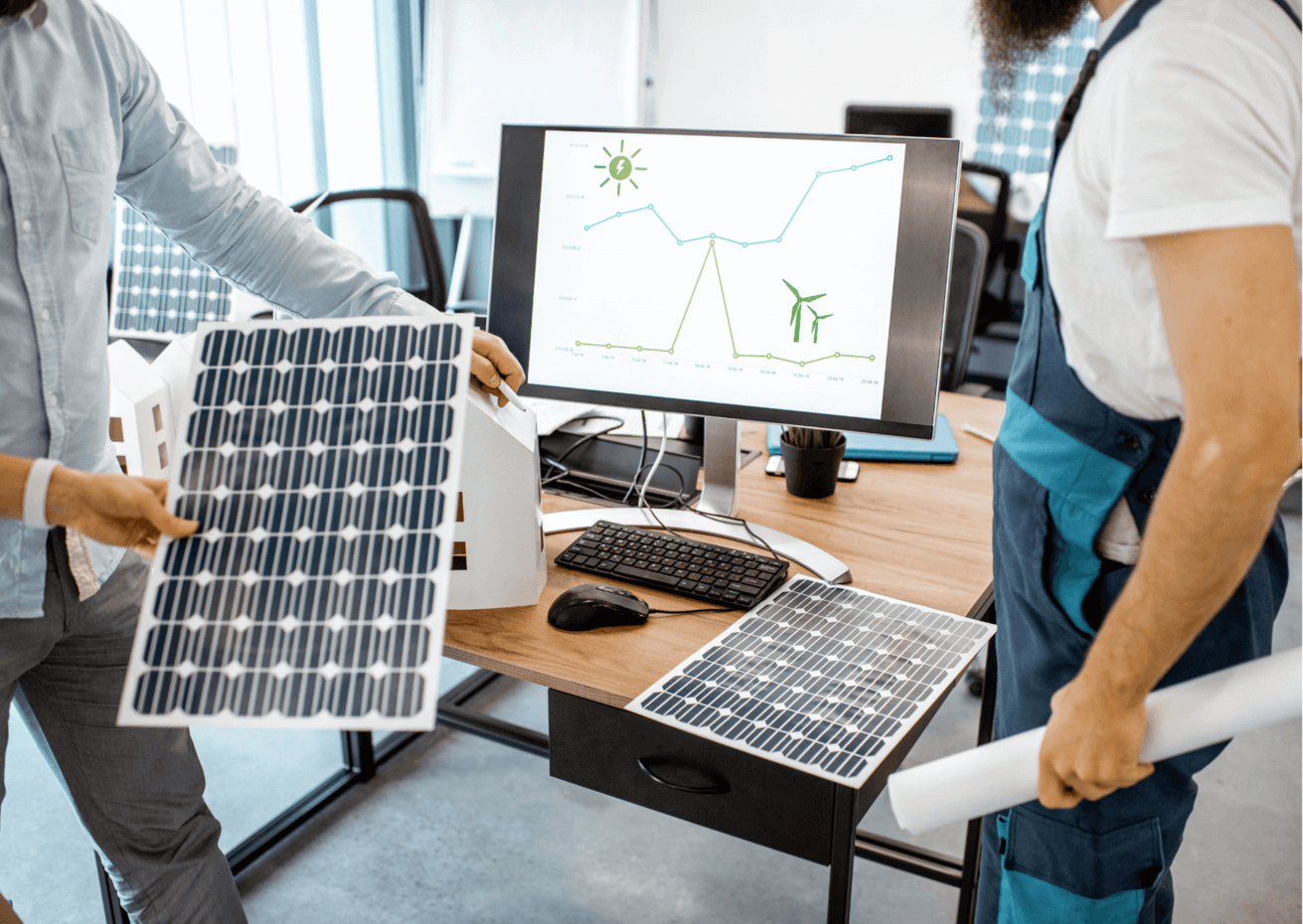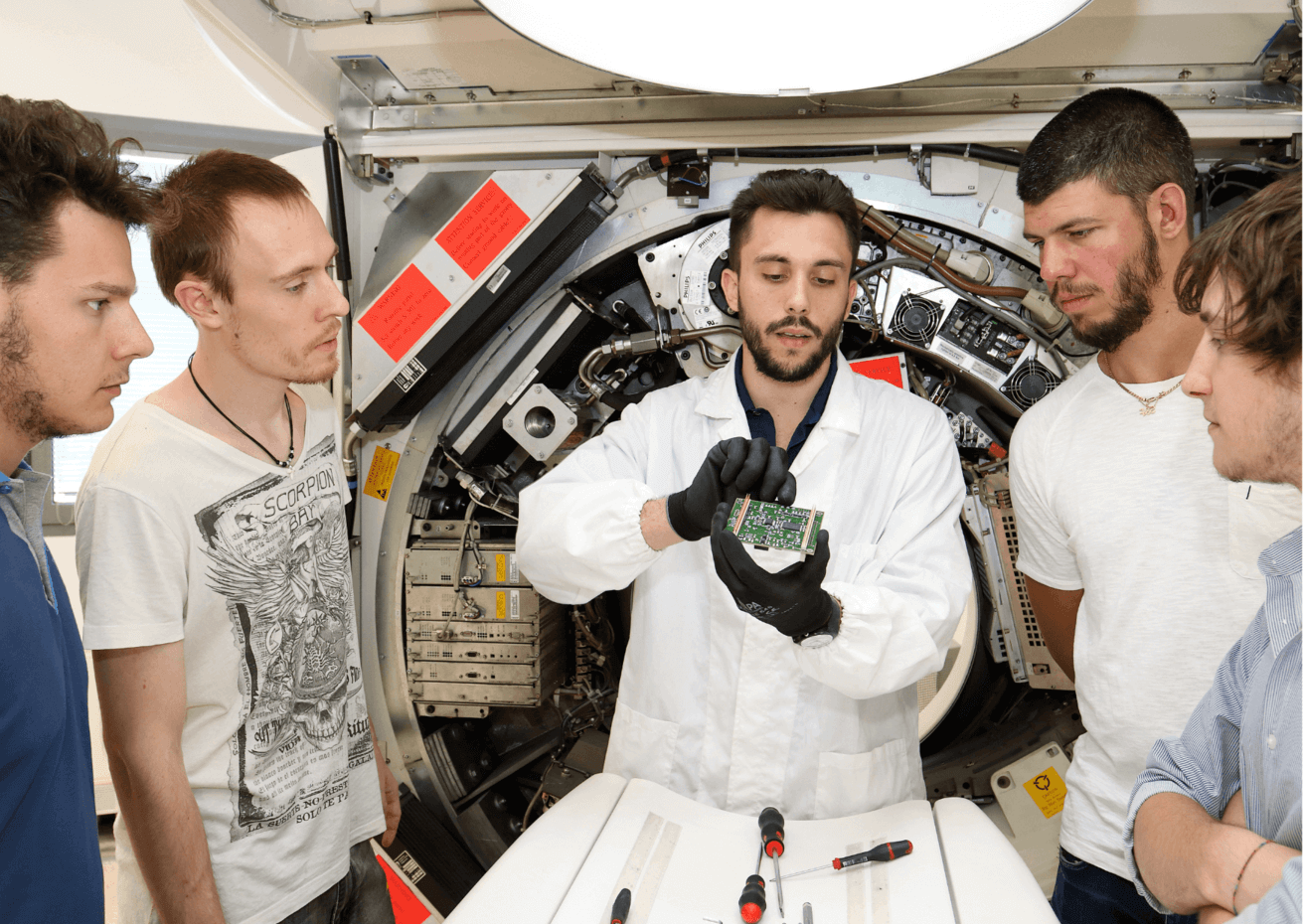CONTACTS
Istituto Tecnologico Superiore per la chimica e le nuove tecnologie della vita - LifeTech ITS Academy
Via G. e S. Caboto, 27 – 34147 Trieste (Italia)
Courses management and tutoring
040 375 5301 - 5675 - 5674
Communication
040 375 5301 - 5671
Business relations
040 375 5673
International office
040 375 5675
Certified e-mail
info@itsvolta.it
PEC
fondazioneitsvolta@legalmail.it
Orario di apertura









